Fee cuts as Labor seeks ‘university accord’
Labor will put $15,000-a-year university fees for humanities, law and business students on the chopping block in the biggest shake-up of higher education in a generation.
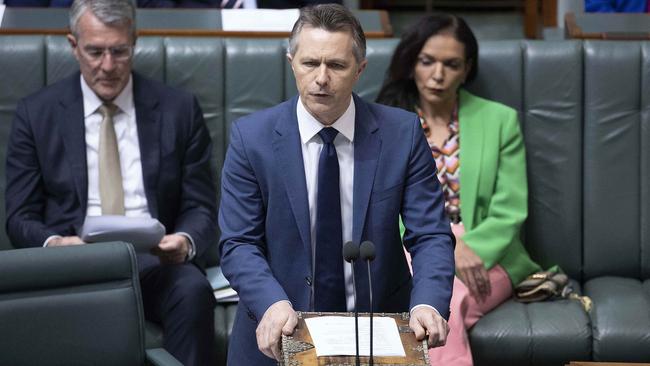
Labor will put controversial $15,000-a-year university fees for thousands of students studying humanities, law and business on the chopping block, as it unveils the biggest shake-up of the nation’s higher education sector in a generation.
A new review to create a “universities accord” will aim to reform the funding of research, the way universities are governed, and the relationship between higher and vocational education, in order to create thousands of new jobs and set the higher education sector for the next decade.
Education Minister Jason Clare specifically asked the panel to review the Morrison government’s Job Ready Graduates scheme, laying the groundwork to jettison the Coalition’s reform of student fees, which were vehemently opposed by the ALP and the universities.
Mr Clare said on Wednesday that the task for the review panel, to be led by former NSW chief scientist and University of Adelaide vice-chancellor Mary O’Kane, was to forge a “big and broad” universities accord and set the course of tertiary education for years to come.
The accord would look at “everything from funding and access, to affordability, transparency, regulation, employment conditions and how higher education and vocational education and training can and should work together” Mr Clare said in a speech at the University of Sydney on Wednesday evening.
Job Ready Graduates was released in the middle of the Covid-19 pandemic as a plan to redirect students into key industries such as health and technology with the promise of cut-price degrees. The policy faced claims it was unfair on humanities students whose fees were pushed up, and that the cheaper courses ultimately received less financial support due to a redistribution in government funding.
The review and the subsequent accord give universities hope that Labor will deliver on policies to support higher education.
But universities face scrutiny over their handling of industrial relations issues, such as high rates of insecure employment and the growing scandal in which payments of tens of millions of dollars have been improperly withheld from casual staff.
A key area of reform that Mr Clare makes clear is a priority is creating more integration between higher education and vocational education, to build a more closely connected tertiary education system.
Jenny Dodd, chief executive of TAFE Directors Australia, welcomed the prospect of closer links with universities. “TAFE is ready to partner with universities,” she said. “Funding and regulatory policy needed to be reviewed to support these partnerships.”
Mr Clare has also asked the review panel to scrutinise university research, making it clear in the terms of reference that building strong links between universities and industry “to drive greater commercial returns” is a priority.
He also asked the panel to “explore the contribution that higher education makes to the Australian community, national security, and sovereign capability”.
Other areas it will examine include: ways for more disadvantaged students, including First Nations Australians. to gain the benefits of higher education; and the impacts of Covid on higher education.
Mr Clare has asked the panel to look at ways to support international education, noting “the important role which international students play in our society and economy”.
In a sign that the minister seeks bipartisan support for the review’s recommendations, he has appointed former NSW Nationals senator and Coalition minster Fiona Nash to the review panel. Ms Nash is Australia’s first regional education commissioner, appointed to the role by the Morrison government.
Other members of the panel are Western Sydney University vice-chancellor Barney Glover, Macquarie Group chief executive Shemara Wikramanayake, former Labor minister Jenny Macklin, and Indigenous academic Larissa Behrendt.
“Together they bring to bear enormous experience, in our universities, in business and public policy,” Mr Clare said.
Universities Australia welcomed the review. “The universities accord presents the most significant opportunity for policy reform in higher education in Australia in decades,” said UA chief executive Catriona Jackson.
“We will come to the table with the bold thinking that significant reform demands. Education, like defence and health, is a national priority that we cannot afford to get wrong. Universities are ready to play our part and demonstrate over and over that we are uniquely placed to serve the interests of the nation and keep Australia and Australians successful, prosperous and safe.
“As a sector we will be courageous in applying all the bold and innovative thinking that universities are known for, to possible alternate approaches where we feel they are needed.”
The research-intensive Group of Eight universities also welcomed the review, saying it was an opportunity to consider “genuine funding reform”.
“Australia is facing significant challenges and it is higher education and research that will shape the future of the nation more than any other sector,” said Go8 chief executive Vicki Thomson.
“The accord is intended to drive lasting and sustainable reform in an economic environment that demands tough decisions. What we need is a contest of innovative ideas to ensure we have the right policy framework so Australia can prosper in the future.
“The accord provides a window to reframe Australia’s higher education sector and lift the bar.”
Ms Thomson said the government could get an immediate win by ending the Job Ready Graduates funding structure which, not only charged $15,000 fees to students in some courses, but gave universities less funding for courses in skill-shortage areas such as engineering.


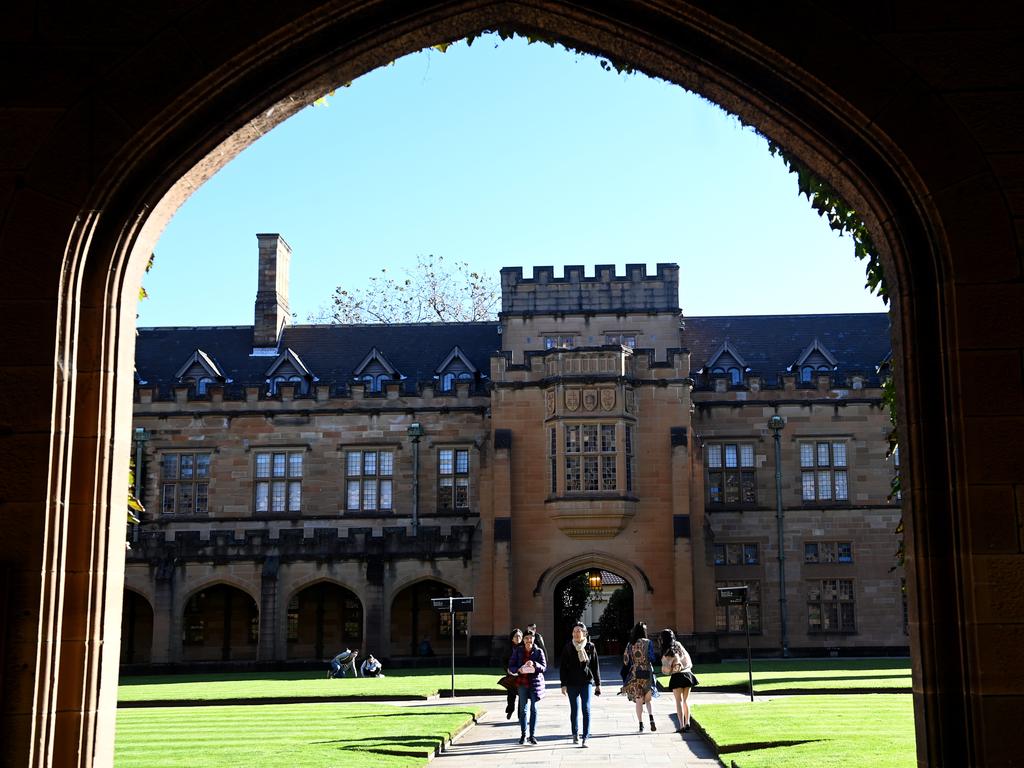
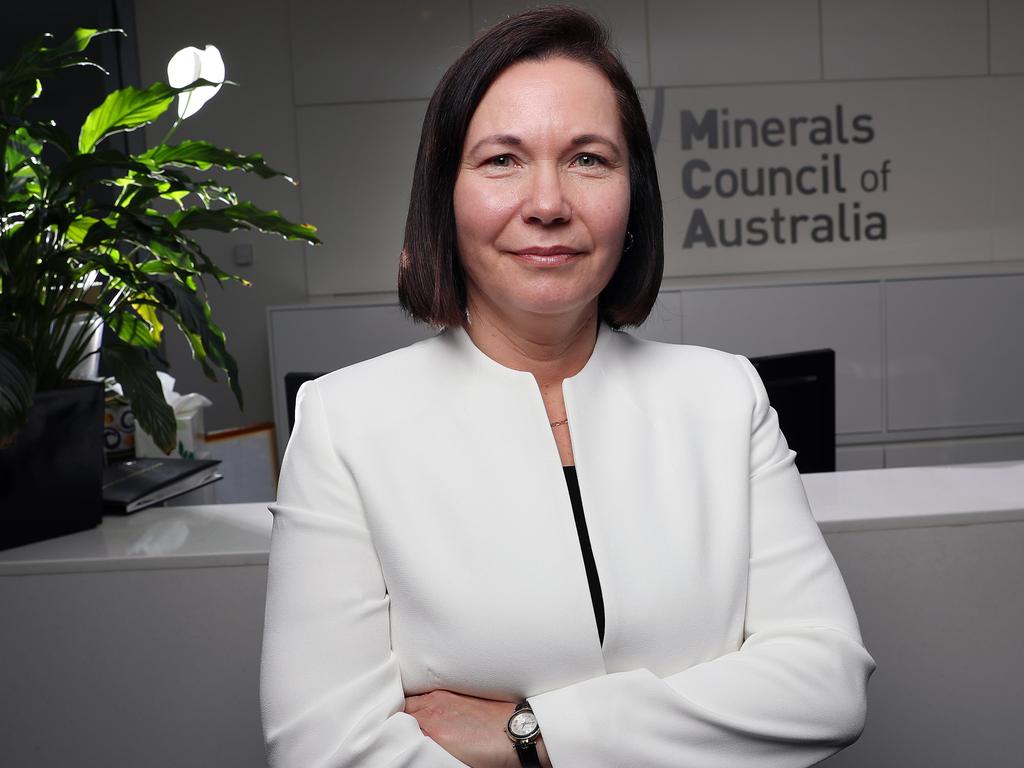
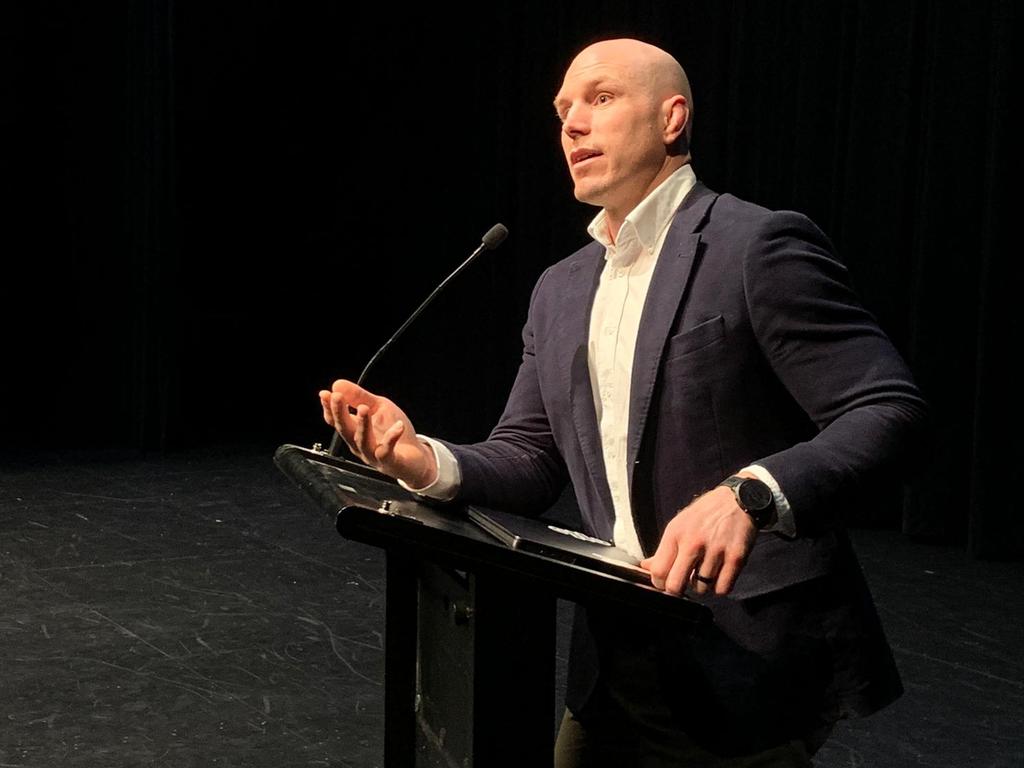
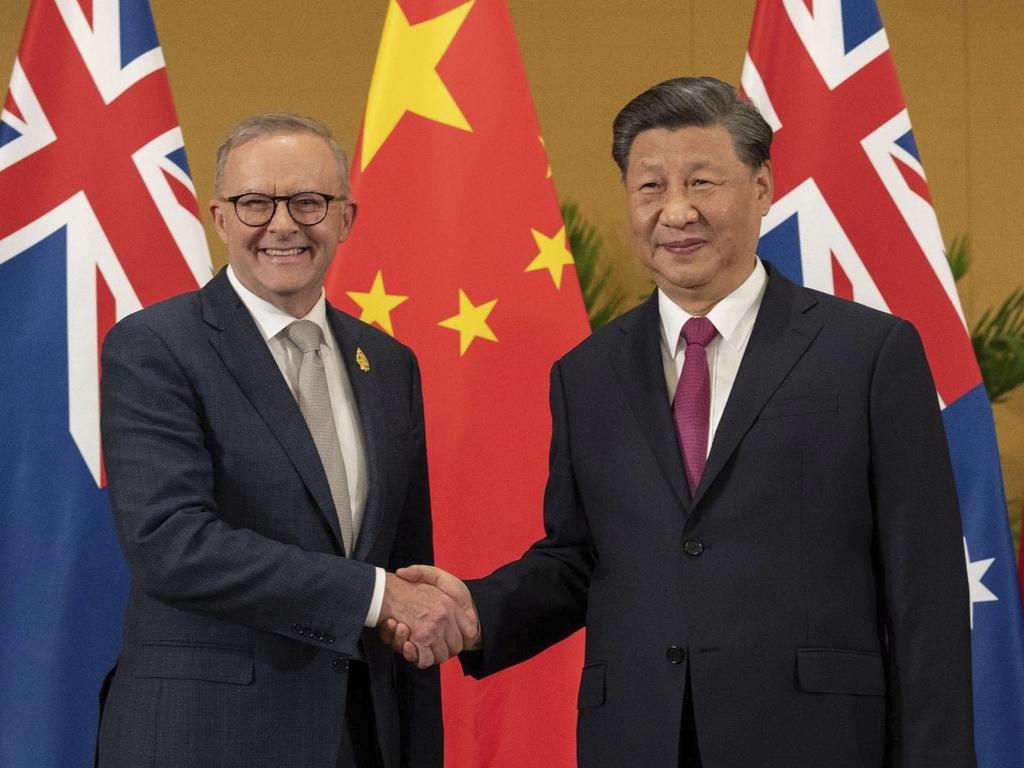


To join the conversation, please log in. Don't have an account? Register
Join the conversation, you are commenting as Logout